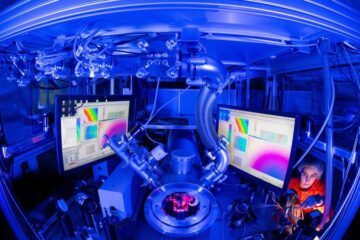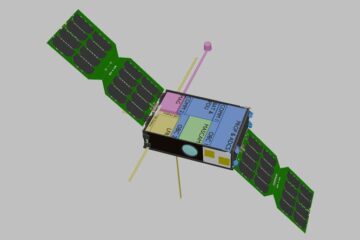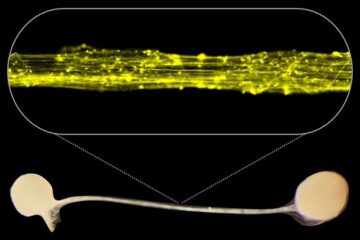Tumor cells can weaken immune response

Tumor cells can grow without control by weakening specific cells of the immune system, the T-cells, which normally detect and destroy tumor cells. The findings of Dr. Gerald Willimsky and Prof. Thomas Blankenstein (Max Delbrück Center for Molecular Medicine, MDC, Berlin-Buch and Charité) were generated in transgenic mice over a period of seven years and have now been published in the scientific journal Nature* (doi:10.1038/nature03954). Until now, the notion was that tumor cells escape recognition and subsequent destruction by T-cells by hiding.
Furthermore, Dr. Willimsky and Prof. Blankenstein could show that the immune system recognizes tumors derived from single cells and strongly reacts, for example by the increase in T-cells. However, these T-cells do not function. The findings of the two immunologists refer to sporadic tumors which develop without influence from the outside. T-cells on the other hand can control cancers caused by viral infection (e.g., B cell lymphomas triggered by Epstein Barr viruses). Even though tumor cells weaken the immune system, the two researchers are convinced that there is still hope for an immune therapy because tumor cells do not lose their structures which are targets for immune cells, making them still vulnerable for detection and destruction.
Media Contact
All latest news from the category: Life Sciences and Chemistry
Articles and reports from the Life Sciences and chemistry area deal with applied and basic research into modern biology, chemistry and human medicine.
Valuable information can be found on a range of life sciences fields including bacteriology, biochemistry, bionics, bioinformatics, biophysics, biotechnology, genetics, geobotany, human biology, marine biology, microbiology, molecular biology, cellular biology, zoology, bioinorganic chemistry, microchemistry and environmental chemistry.
Newest articles

Caution, hot surface!
An international research team from the University of Jena and the Helmholtz Institute Jena are demystifying the mechanisms by which high-intensity laser pulses produce plasma on the surface of solids….

Exploring the Asteroid Apophis With Small Satellites
In five years’ time, a large asteroid will fly very close to Earth – a unique opportunity to study it. Concepts for a national German small satellite mission are being…

First model of the brain’s information highways developed
Our human brain is not only bigger and contains more neurons than the brains of other species, but it is also connected in a special pattern: Thick bundles of neurons…





















